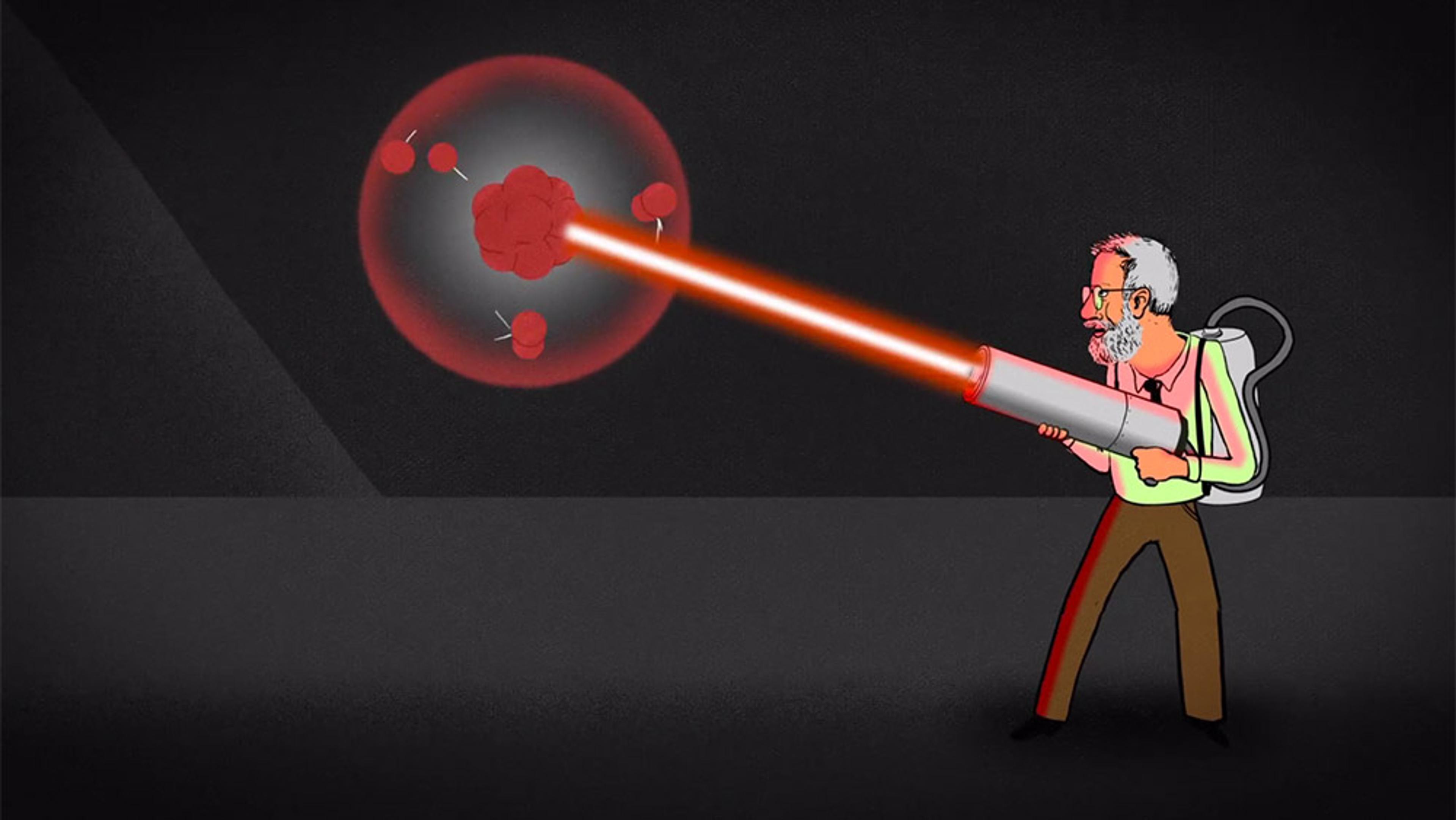The oldest spinning top ever discovered dates back some 5,500 years, meaning that we’ve been entranced by these toys for nearly as long as human civilisation has existed. And if there’s any doubt about the contemporary appeal of all things centrifugal, look no further than the recent – and depending on your tolerance for flash-in-the-pan retail trends, annoying – ubiquity of the small handheld toys known as fidget spinners. In this short film from 1969, the legendary husband-and-wife US designers Charles and Ray Eames celebrate the crosscultural, millennia-spanning appeal of all things small, simple and spinnable. With an appropriately playful score from the celebrated US film composer Elmer Bernstein, the Eameses offer us 123 tops from around the world, a reminder of the simple satisfaction of watching something spin from initial twirl to final topple.
©1969 Eames Office LLC. Used by permission of the Eames Office. All rights reserved.








